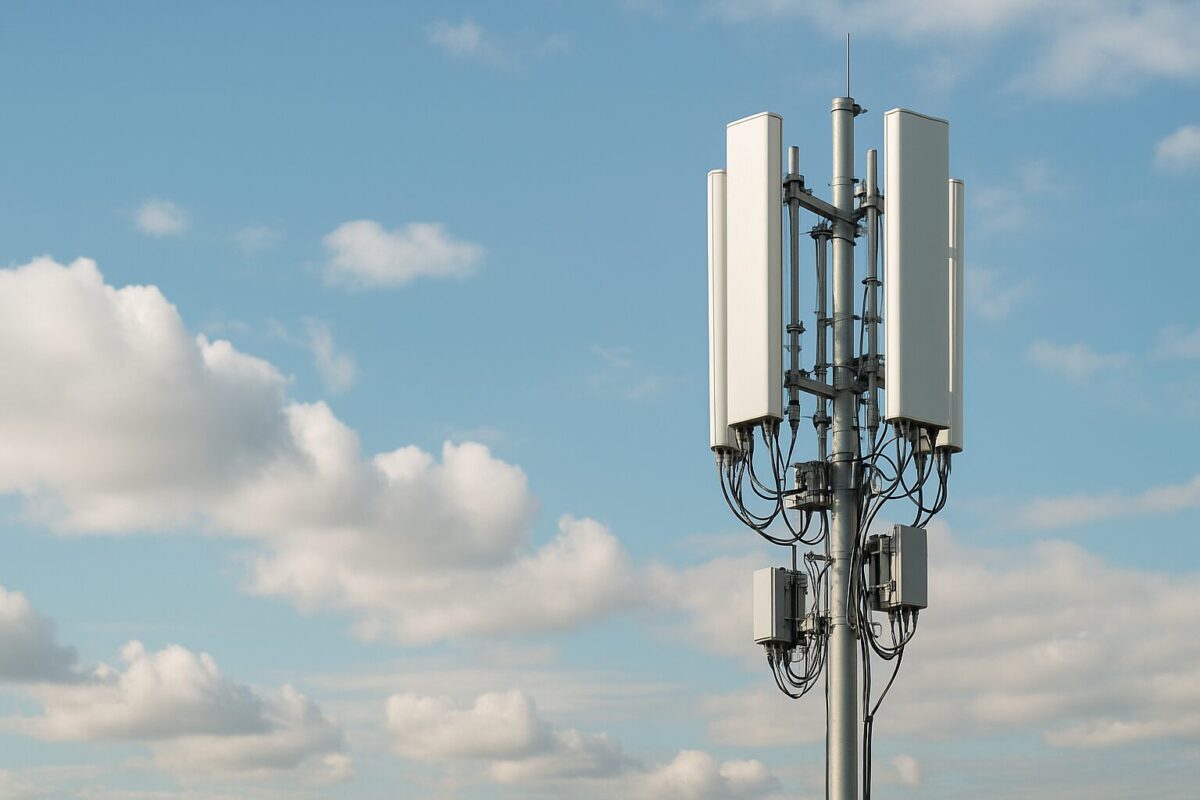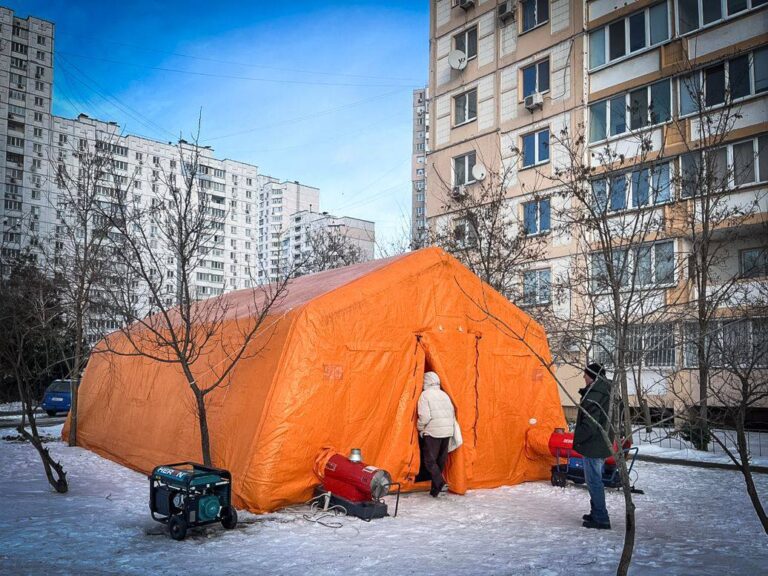
Mobile Network Shutdowns in Ukraine: Legal Tactic or Civilian Threat?
In May 2025, Ukrainian military experts publicly confirmed something few expected — the government is considering the temporary shutdown of mobile networks and internet access during kamikaze drone attacks (such as Shaheds). The stated goal is to block potential navigation signals or control channels used by the enemy through mobile infrastructure.
On paper, it sounds like a reasonable tactical move. But for citizens, and especially for those of us in law, it triggers serious legal and ethical alarms.
What’s Being Proposed?
According to electronic warfare specialist Serhii Beskrestnov (call sign “Flash”), Ukraine may deploy temporary communication blackouts along the flight paths of incoming drones. These would be short-term and geographically targeted, aimed at disrupting potential links between the drones and any mobile networks they could be exploiting.
There’s no official government decree yet. But the fact this is being openly discussed signals that such a mechanism is actively under consideration — and possibly being piloted quietly already.
Is It Legal?
Under martial law, yes — technically.
The Law of Ukraine “On the Legal Regime of Martial Law” (Article 8) gives military command the power to restrict certain constitutional rights, including freedom of information and communication, if such restrictions are necessary for national defense.
Additionally, Article 40 of the Law “On Telecommunications” requires mobile operators to comply with military orders, including emergency operational directives.
So yes — the temporary shutdown of mobile services is legal under current Ukrainian law.
But legal is not the same as harmless. And it certainly doesn’t make it uncontroversial.
What Are the Real-World Consequences?
For ordinary Ukrainians, mobile access is more than convenience. It is:
- an early warning system for missile and drone alerts,
- a navigation tool to locate shelters,
- a lifeline to family, emergency services, and medical care,
- and the only window into real-time data about threats (via apps like ePPO or DeepState).
To disable communication, even temporarily, during a drone attack is to cut off people from their only tools for reacting and surviving.
What if it’s not a Shahed but ballistic missiles? What if the shelter is a few blocks away? What if someone is trapped and can’t call for help?
These aren’t hypothetical scenarios. These are real dangers — and they are measured in seconds.
Why Don’t We Have Laws That Prohibit This?
Because we were never prepared for a war like this.
Like many countries, Ukraine’s legal framework wasn’t designed for AI-enabled warfare, drone swarms, or cyber-electronic battles. The martial law provisions are broad and flexible — perhaps too flexible.
Currently, there are:
- no regulations requiring advance notice to citizens about blackouts,
- no mandate to provide alternatives, such as backup emergency networks,
- and no limits on geographic scope or frequency of such shutdowns.
Essentially, the state can cut mobile access and owes no explanation in the moment. That may be legal — but is it democratic? Is it safe?
Revelant
Could It Be Done Differently?
Yes. And elsewhere, it is.
Other democracies facing similar threats use:
- targeted jamming of drone communication, not public mobile infrastructure;
- dedicated emergency broadcast channels separate from commercial networks;
- satellite-based alerts or localized siren networks;
- and clear, public protocols for how, when, and where communication limits apply.
It’s not about refusing to defend. It’s about defending without paralyzing civilians.
Conclusion: Defense Must Not Cancel Survival
Yes, Ukraine is fighting for its life. But in doing so, we must not forget why we fight — for dignity, freedom, and life itself.
MOBILE CONNECTIVITY IS A BASIC FORM OF PROTECTION. In modern war, losing it means losing time — and time means losing lives.
If our strategy to stop drones disables the only way people can respond, then it’s not a defense mechanism. It’s a second front — this time, against our own citizens.
It is time to demand:
- legally mandated limits on blackouts,
- transparency protocols,
- and civilian safeguards even during wartime.
Because the laws of war must protect not just borders — but people.














